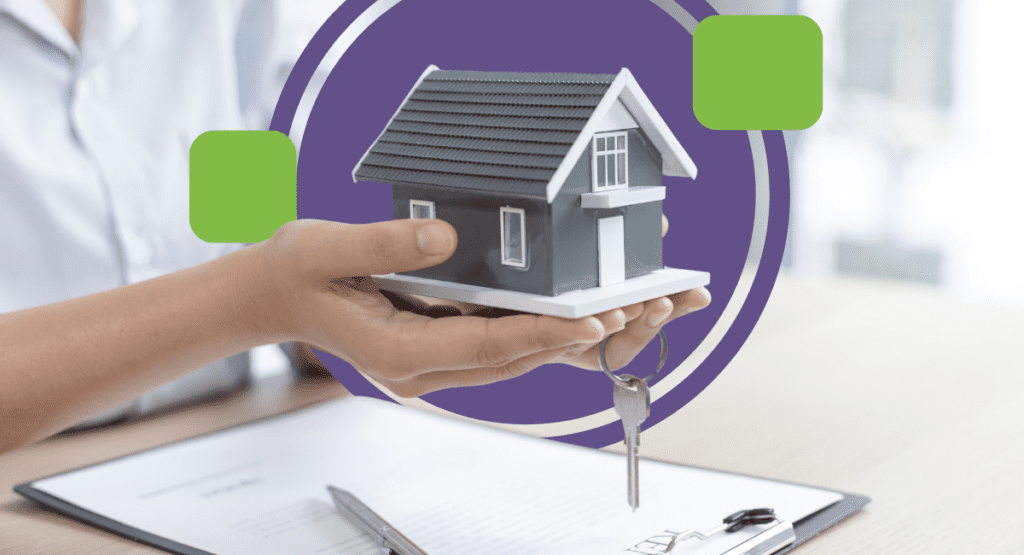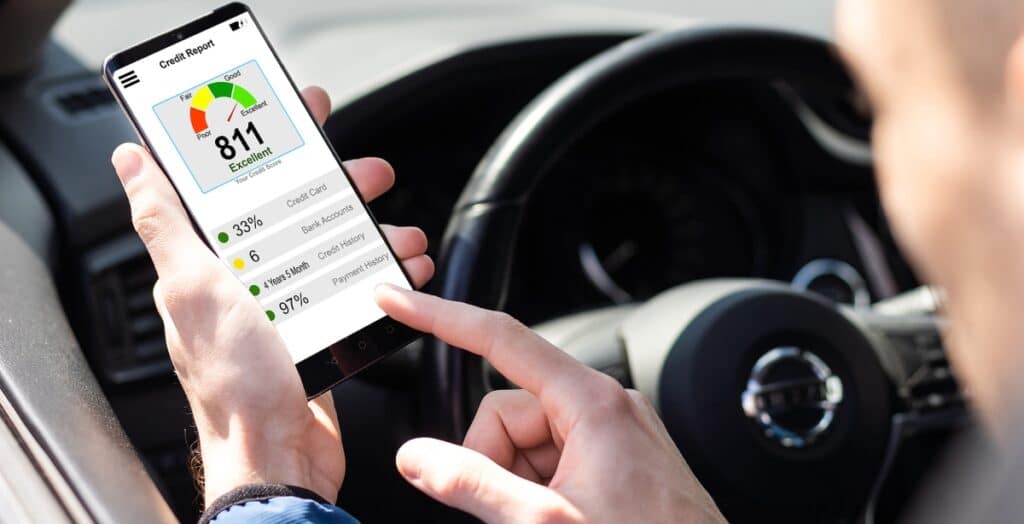
When buying or refinancing a home, closing costs can represent a significant expense at the mortgage finish line. Typically, you can expect to incur similar closing costs with a physician loan as you would with a conventional mortgage. However, if you’re a first-time home buyer, closing costs in general might come as a bit of a shock.
Keep reading to learn about the various closing costs for a physician loan.
Typical closing costs for a physician mortgage loan
“Closing costs” refer to an umbrella term that includes a wide range of services or fees related to applying for a mortgage. Some closing costs are directly related to the property being purchased, such as paying for an appraisal to confirm the value of the home. But others are related to the paperwork and processing of the home loan itself.
On average, you can expect closing costs to be around 2% to 5% of your home’s purchase price.
Using this general rule of thumb, let’s say you’re buying a $500,000 home. Your total closing costs might span from $10,000 to $25,000. Now, imagine if your home is closer to the $1 million range.
As you can see, closing costs can quickly add up to a big chunk of change when buying a home — and that’s on top of the recent surges in home prices across the country.
According to a CoreLogic ClosingCorp study, closing costs increased 13.4% in 2021. Home buyers in Washington D.C, Delaware, New York, Maryland and Washington incurred the highest average closing costs. Conversely, borrowers in Missouri, Indiana, North Dakota, Wyoming and Mississippi saw the lowest closing costs.
Depending on the timing of your purchase, you might get some assistance with paying closing costs from either your lender or the seller. But it’s best to budget and prepare for this home buying expense without solely relying on the negotiation process.
What mortgage product do you need?
Your Occupation
Home Price Range
Preferred Down Payment
Stage You're At in the Home Buying Process
When Do You Want a Mortgage Approval?
How Many Banks Would You Like Quotes From?
Any Bankruptcies or Short Sales?
Full Name
Phone Number
State Where You Plan to Purchase
Metro Area Where You Plan to Purchase
Citizenship Status
Communication Preference
Would You Like to Add Any Additional Details?
Closing costs for physician loans: What to expect
As a medical doctor, dentist or other eligible medical professional, you have a unique opportunity to take advantage of a doctor loan program that comes with no down payment requirement and no private mortgage insurance (PMI). Although you’ll enjoy other perks like relaxed underwriting that excludes student loan debt from your debt-to-income ratio (DTI), you’ll still have to pay closing costs just like with a conventional loan.
Ultimately, closing costs vary by physician mortgage lender. But here are some common closing costs you might see when applying for a physician loan.
Mortgage loan processing fees
Your lender will likely charge various fees to cover the cost of processing your physician mortgage loan application. This might include a single application fee or be listed separately based on service.
For example, you might see closing costs related to loan origination or underwriting, as well as attorney fees, courier fees, notary fees, credit report fees or other documentation services.
Property-related fees
- Home appraisal fee. An appraisal verifies the value of the home and ensures you aren’t borrowing more than the home is worth.
- Home inspection cost. Home inspectors check the electricity, plumbing, roofing, HVAC and the structure of the property. Depending on the property, other specialists might be needed to check for termites, lead, etc.
- Title fees. A title search confirms the seller actually owns the home and determines if there are any liens or claims that would prevent the transfer of the property. You might also pay for title insurance which covers any mistakes made by the title company.
- Survey costs. A survey will map out the property, detail whether structures meet legal codes and confirm the property’s legal description and history.
Prepaid expenses
- Homeowner’s insurance. Mortgage companies require your home to be insured to protect their own interest. The cost of insurance is usually added to your monthly mortgage payment and placed in escrow.
- Property taxes. Future property taxes are typically placed in escrow and paid by the lender when due.
- Interest charges. Your lender will have you prepay interest that’ll accrue between closing and your first mortgage payment.
Other closing costs
- Discount points. This expense will come into play if you’ve chosen to “buy down” your interest rate.
- Transfer tax. This is a fee imposed by a state or local jurisdiction for the transfer of the property. Therefore, this one-time tax will vary by location.
How to calculate closing costs
Although your actual closing costs will depend on a number of factors, you can get a ballpark estimate to help with budgeting your out-of-pocket closing costs.
Start by having a firm understanding of the loan amount you’ll need. This can be done by determining how much house you can realistically afford, searching your ideal housing market and getting prequalified for a mortgage.
Then estimate your closing costs based on 2% to 5% of your desired home’s purchase price. This will give you a starting point for planning out closing costs.
There are also convenient online calculators that can help you estimate your closing costs and guide you on which ones can be shopped around for or negotiated down easily.
If you’re already in touch with a mortgage lender, you can request an initial cost worksheet for a property you’re interested in. This isn’t an official Loan Estimate, but it can give you a good idea of where you stand.
Related: See Estimated Monthly Payments, Interest, and More with Our Physician Mortgage Calculator
How to reduce closing costs on your physician mortgage
Every dollar counts when buying a new home. So, you’ll want to cut costs wherever you can. Here are some steps you can take to lower or negotiate your closing costs:
- Shop around and compare closing costs with other lenders. When buying a home, your lender will provide you with a Loan Estimate that details what your closing costs will likely be. You can use this information to shop around or ask your lender to match closing costs from a competitor.
- Look for better pricing on your own. Just because your lender has a preferred service provider doesn’t mean you have to use them. You might be able to save money by choosing a different third-party provider for certain services, such as the title search, survey or pest inspection.
- Discuss each line item with your lender. Don’t just scan your Loan Estimate. Instead, spend time going over and questioning each fee. Sometimes just mentioning it will trigger the lender to lower the fee in order to stay competitive. Or you can go in prepared to fully negotiate any obscure lender fees.
- Ask the seller for help. Depending on the housing market and how motivated the seller is, you might be able to negotiate with the seller to cover some of the closing costs.
- Roll closing costs into your mortgage. Although this will cost you more over the life of the loan, you can save money on up-front costs by rolling your closing costs into your mortgage balance.
Finally, be sure to compare the closing disclosure forms — which details your final closing costs — with your Loan Estimate. This will help you identify any discrepancies and potentially save you money before signing your final homeownership paperwork.


